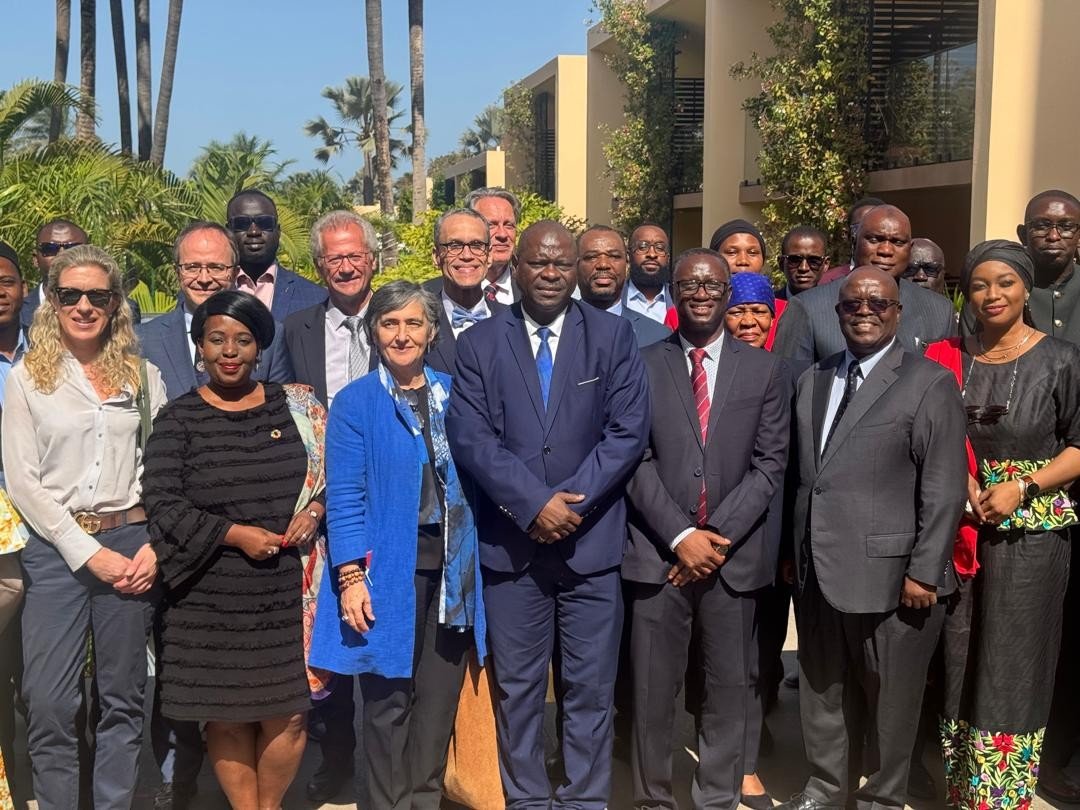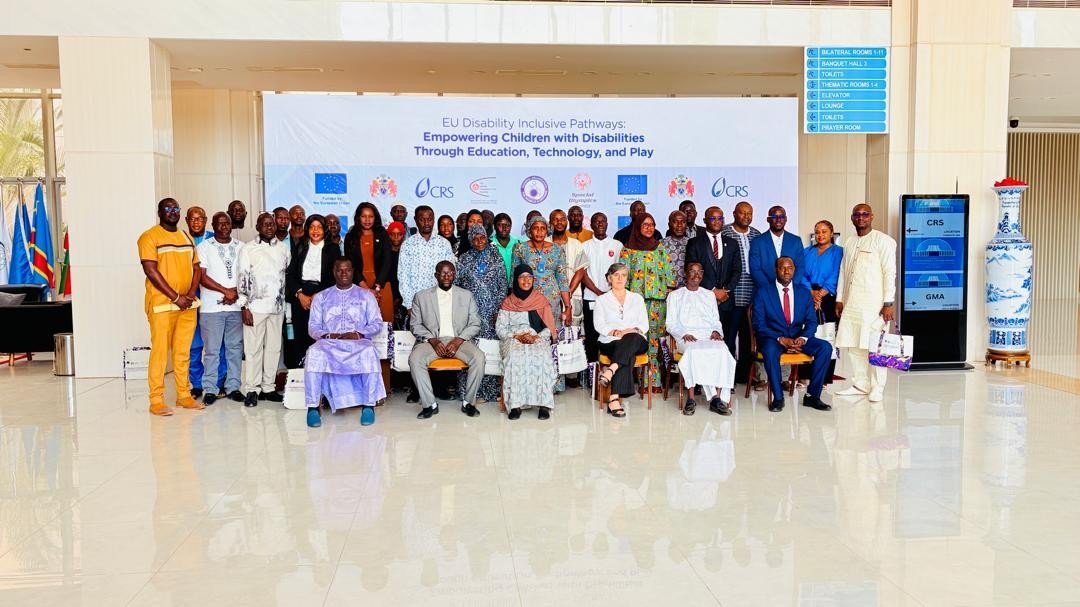The Gambia has reaffirmed its national commitment to achieving the Sustainable Development Goals (SDGs) by 2030.
This reaffirmation was made clear by Hon. Fatou Kinteh, Minister of Gender, Children and Social Welfare, who presented the country’s third Voluntary National Review (VNR) at the High-Level Political Forum (HLPF) 2025 held at the United Nations Headquarters in New York, after the opening of the general debate on Thursday, 24 July this year.
In her presentation, Minister Kinteh emphasised that The Gambia has fully aligned its development priorities with the 2030 Agenda.
“The SDGs are mainstreamed into our Recovery-Focused National Development Plan and across sectoral strategies,” she said, highlighting that the VNR process was highly participatory. It included inputs from local governments, women, youth, persons with disabilities, civil society, media, and even schoolchildren.
“This reflects our belief that development must be people-centred and locally owned,” she added.
Highlighting progress under SDG 3 (Good Health and Well-Being), Minister Kinteh noted that The Gambia had achieved a significant reduction in maternal mortality, with rates falling from 433 per 100,000 live births in 2013 to 289 in 2019-2020.
The country remains committed to reaching its national target of 70 per 100,000 by 2030, she said.
While skilled birth attendance has improved slightly, neonatal and under-five mortality rates remain concerning, she said, calling for strengthened healthcare systems and targeted interventions.
She also expressed concern over rising out-of-pocket health expenses, which jumped from 20 per cent to 26 per cent between 2019 and 2021. “The National Health Insurance Scheme, launched in 2021, aims to address this, though implementation has faced funding challenges,” she stated.
Under SDG 5 (Gender Equality), the Minister highlighted key legal reforms including the Sexual Offences Act, the Domestic Violence Act, and the amended Women’s Act (2015). She praised the National Assembly’s recent decision to reject a proposed bill to lift the ban on Female Genital Mutilation (FGM).
The Gambia remains steadfast in protecting the dignity, health and rights of women and girls, the Gender minister said.
To support economic empowerment, Minister Kinteh reported that the government established the Women Enterprise Fund in 2020. The initiative provides financial assistance to women-led businesses to enhance their participation in economic activities and build sustainable livelihoods.
Touching on SDG 8 (Decent Work and Economic Growth), the Minister outlined the country’s post-pandemic recovery. After a contraction in 2020, The Gambia experienced an economic rebound of 8.7 per cent in 2021, followed by moderated growth rates of 3.7 per cent in 2022, 2.1 per cent in 2023, and 5.4 per cent in 2024.
Despite growth, informal employment remains a pressing issue, rising from 79.4 percent in 2022 to 81 percent in 2025, with even higher rates among women and rural populations. “This level of informality limits access to social protections and economic stability,” she said, urging reforms to formalize the labor market.
Addressing SDG 14 (Life Below Water), Minister Kinteh reiterated the importance of marine resources to national food security and biodiversity, adding that the government recently developed a National Fisheries Monitoring and Surveillance Strategy and initiated a review of its Fisheries Act to enhance conservation efforts.
She noted that the proportion of biologically sustainable fish stocks fell from 45 per cent in 2017 to 39 per cent in 2023, largely due to overfishing by both domestic and foreign fleets. “We are committed to strengthening regulatory enforcement and regional cooperation to reverse this trend,” she affirmed.
On SDG 17 (Partnerships for the Goals), Minister Kinteh reported that The Gambia had intensified domestic revenue mobilization through tax reforms and improved collection systems, leading to increased public financing capacity. However, she acknowledged ongoing challenges, including high public debt, fiscal vulnerabilities, climate change impacts, and data gaps.
“Environmental degradation, food insecurity, and the lack of timely, disaggregated data continue to hinder effective policy implementation,” she said. “Overcoming these challenges requires stronger regional and global partnerships.”
In her closing remarks, Minister Kinteh stressed that while the path to 2030 is narrowing, it is still within reach. “With resolve, solidarity, and shared responsibility, we can still make meaningful progress. The Gambia remains fully committed to the SDGs not just in policy, but in practice,” she said, adding: “Our journey continues with hope, with urgency, and with a firm belief that the SDGs are achievable when we walk together.”






